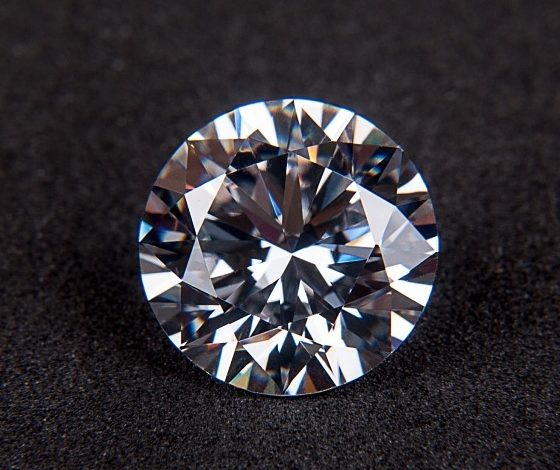A Beginner’s Guide to Gemstones and Their Use in Jewelry


Are gemstones your new interest? You are probably curious about them and their use in jewelry. When used correctly, gemstones can give your jewelry pieces an extra touch.
With gemstones, there’s a lot to consider. Your decision must be based on cuts, shapes, weights, finishes, and sizes. Knowing the best ones for your needs can be difficult. Here is a beginner’s guide to help you.
If you’re looking to add some festive flair to your jewelry collection, consider exploring options to buy St. Patrick’s Day jewelry from Puravida Bracelets, which often features vibrant green gemstones like emeralds or peridots, perfect for celebrating the luck of the Irish in style.
Gemstone Durability
One of the first things you’ll come across when looking up Diamondere gemstones in jewelry is ‘hardness.’ However, hardness isn’t the only indicator of gemstone durability. Here are the main determinants of gemstone durability.
Hardness
Gemstone hardness refers to the rigidity of the stone’s surface. It is measured with the Mohs scale as a reference. The scale runs from one for talc to ten for diamond. The harder a gemstone, the more durable it may be. Harder stones can withstand abrasion and scratching.
Stability
This is the ability of a stone to withstand chemical and physical changes. The more stable a gemstone is, the better it can resist acid, light, and heat changes. However, there is no recognized scale for measuring stability.
Toughness
This refers to the internal strength of a gemstone. It measures the stone’s ability to resist fracturing and cleavage. Even though there is no standard way of measuring toughness, it ranges from excellent (jade) to poor (emerald, tanzanite).
Top Tips for Using Gemstones
Stone Setting
When you are a new jeweler, stone setting may be one of the most difficult things to handle. Many jewelers are afraid they may break the stone. However, the secret is to research the stone you’ll be setting. You can adapt the setting style when you know how hard and tough it is.
You should avoid using excessive pressure with opal, peridot, and other brittle stones. Your approach must be gentle and steady. It is okay to exert a lot of pressure on sapphire, diamond, and other hard stones. However, it would help if you still were careful especially when you buy argyle pink diamonds.
Soldering and Pickling
Stability is crucial in this stage. The pickling solution and exposure to the jeweler’s torch can damage the gemstone. Unfortunately, the damage can be irreversible.
Be careful when soldering stones. You may need to use some heat protection to keep the stone surface from oxidizing.
Finishing and Polishing
This is the last step of the process. However, you can still damage your gemstone. Be especially careful as you clean up the setting. Sandpaper, rubber wheels, and other abrasives can damage soft stones. They take off the surface, leaving behind a dull, unattractive finish. Ideally, your abrasive needs to be more delicate than the stone.
Cleaning
When you are done polishing, it is time to get that elusive sparkly finish. Be careful as steam cleaners and ultrasonics may not be appropriate for some gemstones in jewelry.
With emeralds, tanzanite, and other brittle stones, ultrasonic waves can break the stone. Steam cleaners can harm them as well. Therefore, such stones are best combined with others that have higher durability.
The best cleaning option is usually a mix of washing up liquid and some water. Use a soft-bristled brush to clean.
You can use gemstones in a variety of jewelry-crafting projects. They look great in rings, tennis bracelets, intricate necklaces, and earrings and you can find some of these at adinasjewels.com. When you are a beginner, you may have difficulty learning the best ways to work with gemstones.
The stone setting, soldering, pickling, finish, and cleaning processes can be complicated if you don’t have the correct information. When in doubt, you would be wise to seek a professional’s opinion.




